Resolution #461
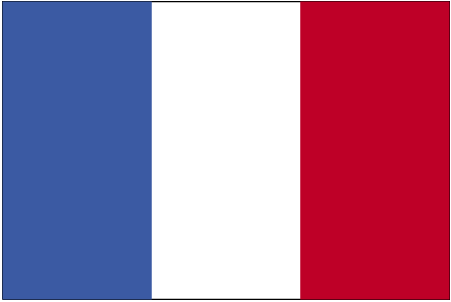 |
The question of mobilizing finance for sustainable development in LEDCs via fair trade agreements. |
| Committee: ECOSOC | |
| Main Submitter: France | |
| Submitted: 15/02/2025 14:45 |
| Status |
|---|
| Passed cosubmitter sheet validation |
| Approved by approval panel |
| Selected for debate by secretariat |
| Failed by committee (ECOSOC) |
Committee Voting
| For: | 12 |
| Against: | 15 |
| Abstentions: | 0 |
Options
Co-submitters
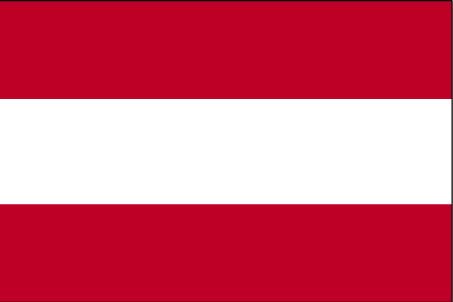 | Austria |
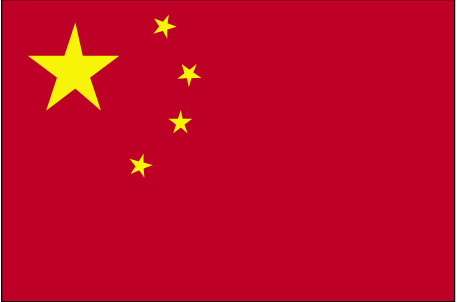 | China |
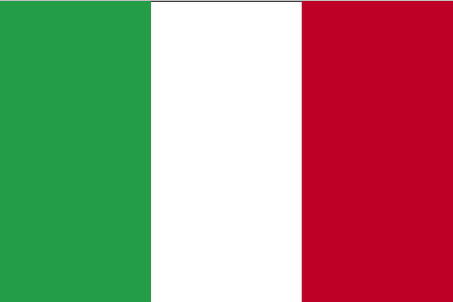 | Italy |
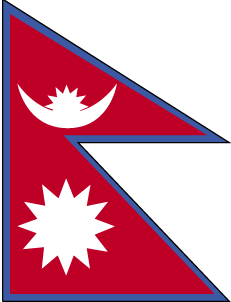 | Nepal |
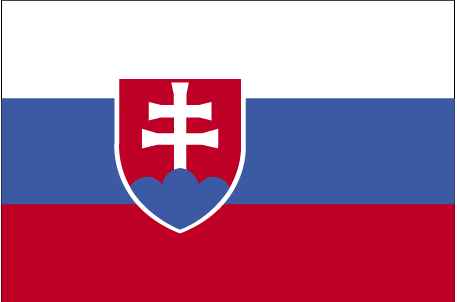 | Slovakia |
 | USA |
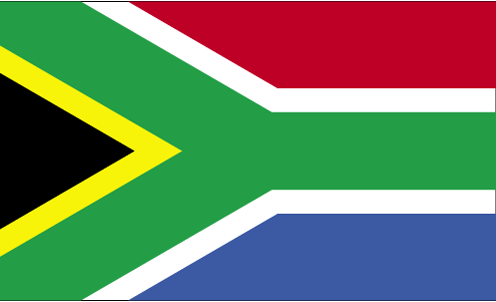 | South Africa |
Resolution
FORUM: Economic and Social Council (ECOSOC)
QUESTION OF: Mobilising Finance for sustainable development in LEDCs via fair trade agreements
SUBMITTED BY: the Republic of France
CO-SUBMITTED BY: Austria, China, Italy, Nepal, Slovakia, South Africa, U.S.A.
THE ECONOMIC AND SOCIAL COUNCIL,
Deeply concerned with the extremely widespread amount of exploitation, slavery, lack of ethical business practices and violence present in LEDC’s,
Emphasizing the need for fair trade agreements as means of ensuring equitable economic growth and providing financial resources to LEDC’s,
Seeking cooperation with organizations such as World Trade Organization (WTO) Commitee for Development Policy and International Trade Center (ITC),
1) Calls for the IFTSC to monitor and implement a new Fair Trade Certification that builds upon the current system by Fair Trade International by including but still having more sectors than just agriculture, in particular sectors that are deemed by the International Labor Organisation (ILO) or the World Trade Organisation (WTO) to have high levels of slavery, poor working conditions, or other factors that would make the practices of of the businesses in the sector unethical, in sectors such as textiles, mining etc, by working with the WTO, the World Bank, the ILO, Fair Trade International, and all other relevant organisations, UN bodies and NGOs, to ensure that importers know that they are ethically sourcing their products from LEDCs and ensure that businesses partake and import goods from suppliers who are certified with this certification by:
a) using the funds available from UNDFST to provide grants, low-interest loans, and other financial incentives to both importers for choosing these ethically sourced products other other, unethically sourced, possibly cheaper alternatives, but also to exporters for choosing to produce goods ethically
b)providing awards and public recognition to both importers and exporters who either source their goods from ethical sources, or produce their goods ethically, to enhance their public images and therefore give publicity to the certification
c) working with the World Bank to cut the cost for businesses who wish to undergo the auditing required to achieve a Fair Trade Certification in any industry, and to instead use leverage over companies who fail these certifications drastically by stopping UN grants and placing barriers to trade of their goods and services, to ensure that this free service is not overused
d) ensuring that Private Multi-National Corporations (MNCs) partake in this system by encouraging Public-Private Partnerships (PPP) by offering financial incentives to these private MNCs if they do decide to use this certification
e) allowing (UNBODY) to track the sourcing of goods using new technology, such as blockchain
f) using a mass-media campaign to promote ethical consumerism amongst citizens in UN member states, and therefore ensure the success of the certificate;
2) Encourages the creation of the International Fair Trade and Sustainability Council (IFTSC), a global group where governments, businesses, charities, and regular people can work together on fair trade, sustainability, and ethical business practices, where the IFTSC will set global rules for fair trade, push for laws that protect workers, help the environment, and make sure developing countries get fair economic growth, Aswell as aiding in the funding of ethical businesses, and helping small producers in developing countries grow, making sure the voices of people in those countries are heard in large decisions;
3) Further calls for IFTSC to organise a hybrid conference, by working with the World Trade Organisation (WTO), the International Labor Organisation (ILO), ECOSOC, and all other relevant UN Bodies and Non-Governmental Organisations (NGOs), that will occur annually, and for the releasing of the reports mentioned in clause 6 to be released at this conference to attract experts on the topic, as well as the awards provided to businesses in clause 1b to be presented at this event in order to attract representatives of the private sector, and for the following but not limited to be done/discussed at this conference:
3) Further calls for IFTSC to organise a hybrid conference, by working with the World Trade Organisation (WTO), the International Labour Organisation (ILO), ECOSOC, and all other relevant UN Bodies and Non-Governmental Organisations (NGOs), that will occur annually, and for the releasing of the reports mentioned in clause 6 to be released at this conference to attract experts on the topic, as well as the awards provided to business in clause 1b to be presented at this event in order to attract representatives of the private sector, and for the following but not limited to be implemented/discussed at this conference:
a)establish fair trade agreements between LEDCs as well as between LEDCs and More Economically Developed Countries (MEDCs) with mediation to be provided from representatives from the IFTSC, the WTO and the ILO,
b)create a conflict resolution mechanism that allows for LEDCs to discuss issues within trade agreements that limit their growth and trade,
c)ensure a comprehensive general assessment on the trading between developed countries and LEDCs in order to share best practices and enhance the trade between them;
4) Further encourages cooperation between UN member states, the UNDP, the International Labour Organization, similar organisations and local unions to promote and ensure fair trade and ethical labour practices in LEDC’s;
5) Supports local farmers, entrepreneurs, businesses adhering to ethical fair trade practices and unions through funding by the UN, the UNDP, member states and the International Labour Organization to strengthen local economies and foster economic development;
6) Requests that all financial flows to fair trade and sustainable development shall be subject to annual public reporting to ensure accountability and proper fund utilisation, and independent oversight body will audit these reports;
7) Hopes that IFTSC would oversee that the implementation of this resolution in its entirety begins immediately upon its passing with full implementation before the year 2028 with possible deadline extensions on the advice of the conference mentioned in clause 3 and the executive action of the IFTSC